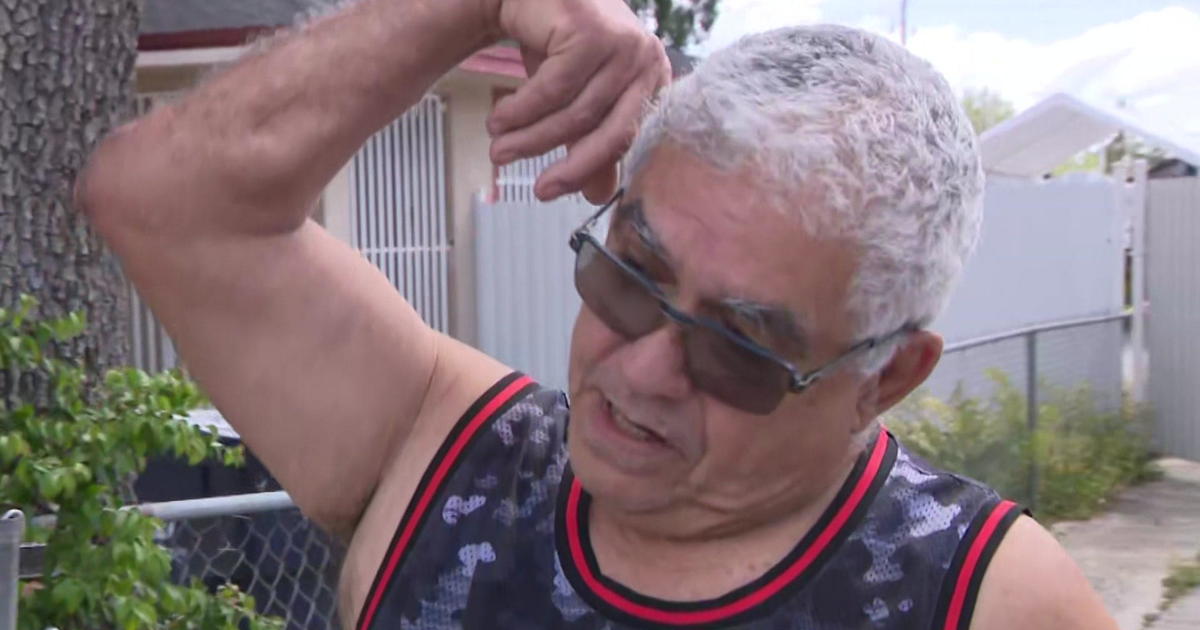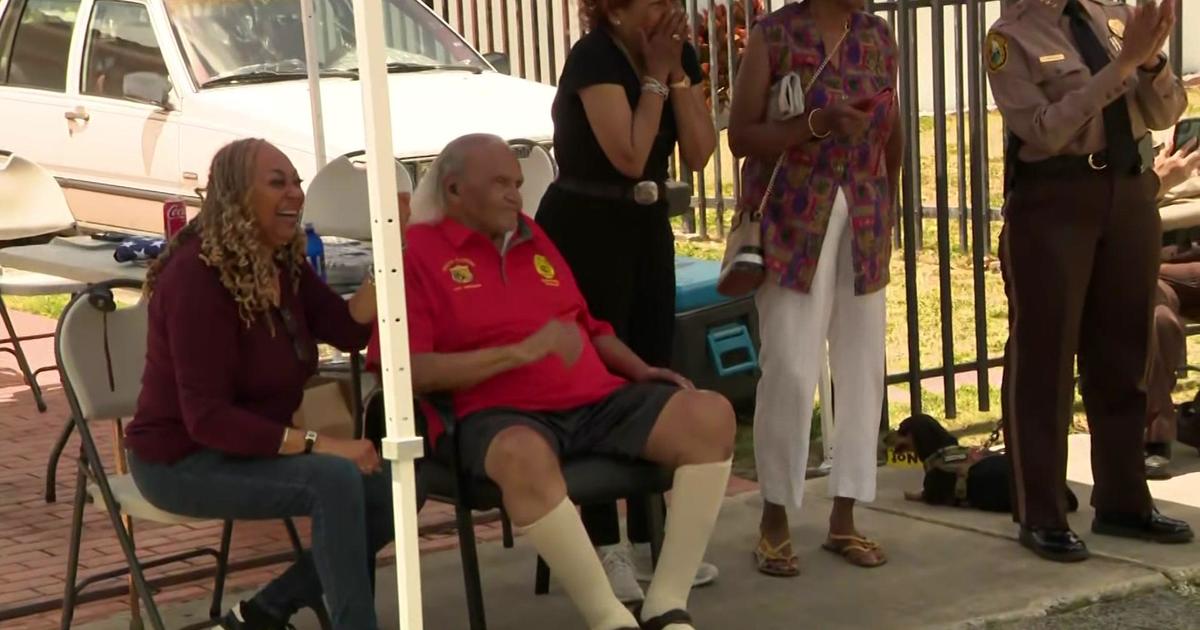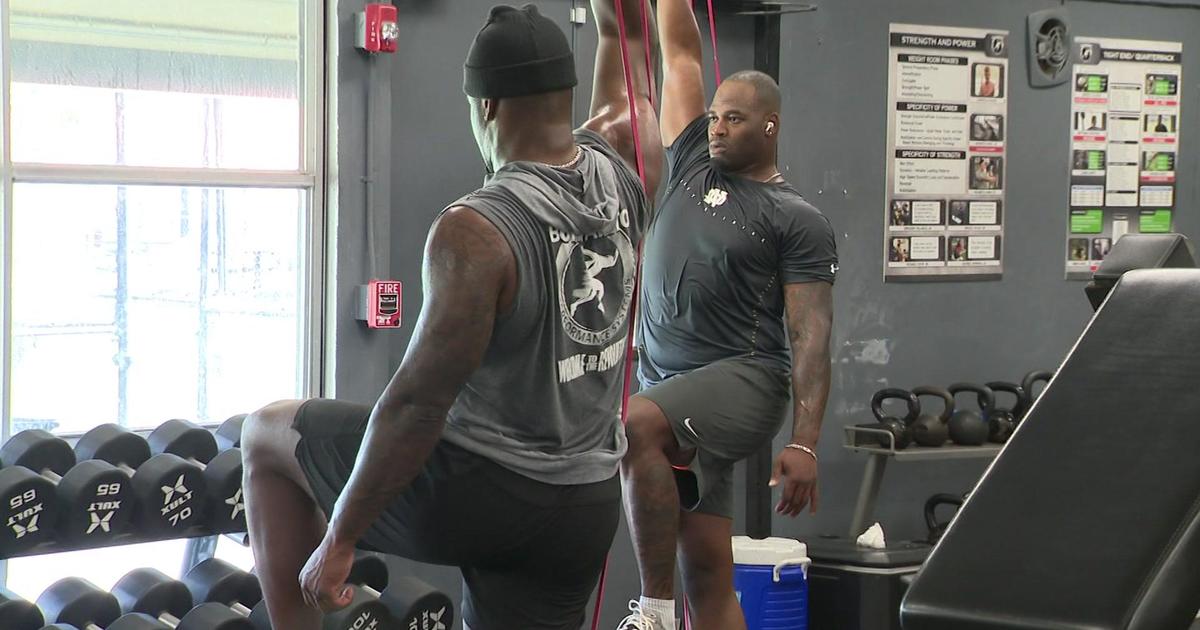Scammers Steal Facebook Profiles To Lure In Victims
Follow CBSMIAMI.COM: Facebook | Twitter
MIAMI (CBSMiami) - Every year scams cost Americans roughly $50 billion with the Better Business Bureau estimating that one in every four homes is affected.
While the most frequently reported scams are delivered by phone, online scams involving email and social media are growing.
"I wouldn't wish this on an enemy. I wouldn't wish this on an enemy."
That's Shellie Drummond's reaction to what happened to her on Facebook. It started when she found the profile for a friend from years back, named Deborah Boyd.
"I was on Messenger and my friend's name came up," she said.
Soon her friend was telling her about a so-called government grant she'd gotten through an agent on Facebook. Drummond contacted the agent who told her she could get financial assistance from the government. All she had to do was provide some personal information, then send 15-hundred dollars in fees, to get up to $100-thousand dollars in grant money.
"The person that I was corresponding with that I thought was my friend had vouched for this foundation. And I believed her," said Drummond.
So she wired the $1500 dollars to Florida and then waited for the foundation delivery of 100-thousand dollars in cash like she saw on Facebook.
It never came.
So she tracked down her friend Boyd by phone.
"I said, Shellie, it wasn't me. You got scammed," said Boyd.
Turns out, Boyd's Facebook account had been hacked by scammers who locked her out, then quickly reached out to try to con her family and friends who she then had to warn.
To find out if the scam was still running, a computer expert set up a fake account on Facebook and contacted Boyd's imposter. Sure enough, she claimed she got a 50-thousand dollar grant and that it wasn't a loan and wouldn't have to be paid back. She said anyone could get one.
And it wasn't just the fake Deborah Boyd account. There appeared to be a network of fake Facebook profiles offering grants, from $50-thousand to one million dollars, all while assuring that it wasn't a scam.
Computer expert Gary Miliefsky set up a way to track the scammers' location. He built a web page that looked like a money transfer company's website, but really finds a computer's unique identifier and location.
"So when they click the link thinking they're going to a popular money transfer site, they are allowing us to track them," said Miliefsky.
It worked and he was able to track the scammers to Lagos, Nigeria.
As for stopping them online, Facebook said it has "a dedicated team,,, helping to detect and block these kinds of scams,,, and has "developed several techniques" to stop the abuse.
But Boyd said Facebook hasn't solved her problem and the scammers still a fake profile with her name. After being contacted about it, Facebook appeared to have blocked those accounts. Boyd said she's still unable to get into her original profile which has a lot of family photos and memories she'd like to have back.



